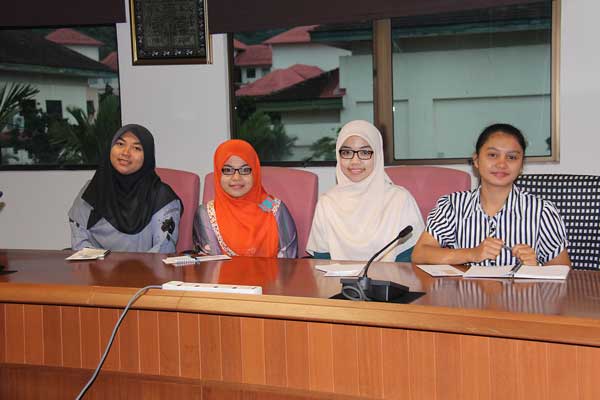 THURSDAY, 06 MARCH – The Student Mobility programme between Universiti Malaysia Sabah (UMS) and Universiti Utara Malaysia (UUM) which involved the exchange of students in the standardised clusters or study programmes created a new dimension for students who indirectly became ambassadors for both universities.
THURSDAY, 06 MARCH – The Student Mobility programme between Universiti Malaysia Sabah (UMS) and Universiti Utara Malaysia (UUM) which involved the exchange of students in the standardised clusters or study programmes created a new dimension for students who indirectly became ambassadors for both universities.According to the Dean of the School of Education and Social Development (SPPS),UMS, Prof. Dr. Ismail Ibrahim, students who were involved were from the Social Science Education Programme whilst from UUM, the School of Education and Modern Language; which comprised six students, four from UUM and the rest from UMS made up of second year students.
“Apart from being transferred to another university for a semester, the students involved would also be experiencing a new learning environment, gaining a different experience of another university and expanding their horizon through pre-designed soft-skill activities,” explained Prof. Ismail in a simple ceremony attended by students involved in the programme and representatives from UUM.
“This programme will begin in the second semester of the 2013/2014 Academic Session and among the aims are to foster cooperation in terms of the exchange of ideas and learning scenarios between the two education centres so as to produce educators who have a strong character and personality well suited with the demands of being an educator of the nation one day,” he added.
Besides classroom learning, SPPS had also planned a number of soft-skill activities which were suited with the courses offered such as tours around Kota Kinabalu city, State Museum, Kadazandusun Cultural Centre, Tunku Abdul Rahman Marine Park, exploration using old train, programmes coordinated by the student union as well as field work and Geography courses.
Four students from UUM involved were Fatin Nabilah Mohd Nasir, Norfairuz Arifin, Nur Farieha Che Rashid and Priscilla Hilda a/k Tanis while two UMS students who would be going to UUM were Haslisa Hariono and Nur Safinah Osman. – CD (fl)
Source: Angie Tseu, SPPS
Media & Citra Division
Chancellery Department



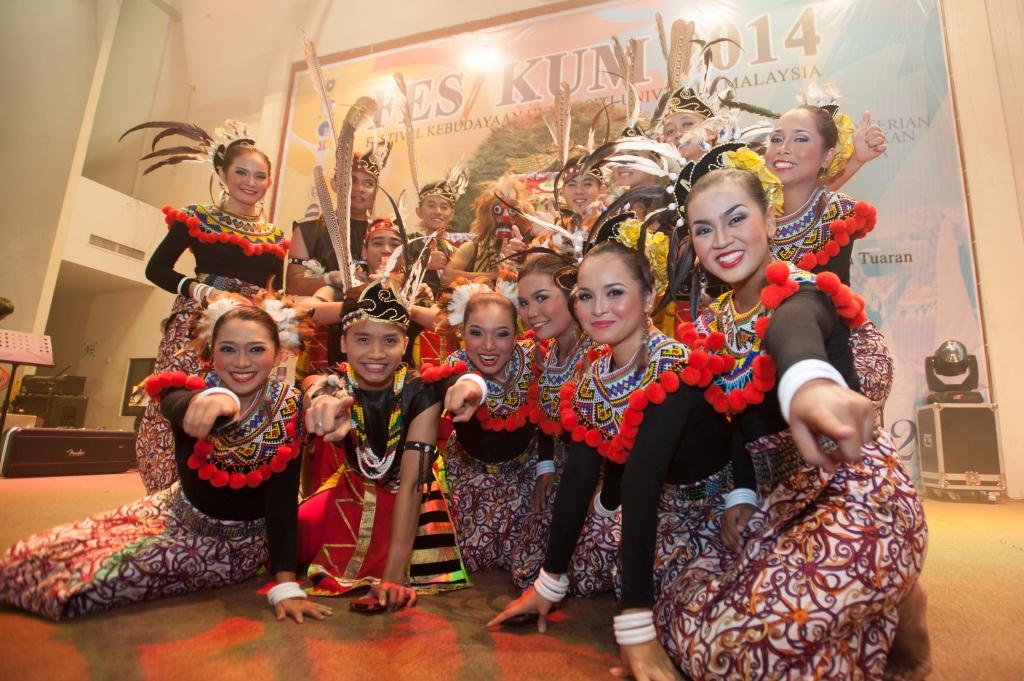
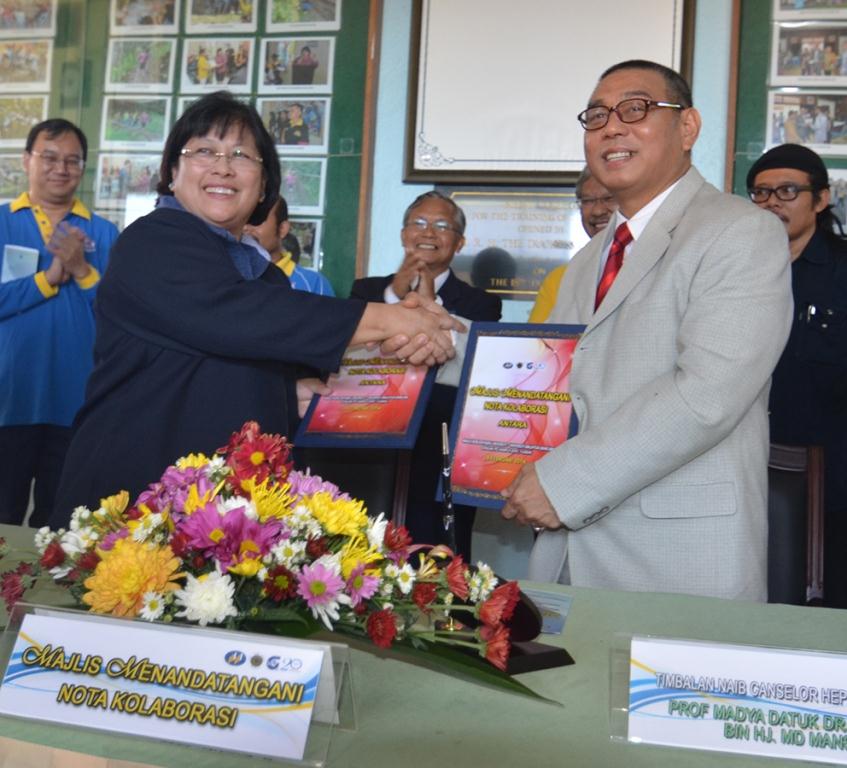
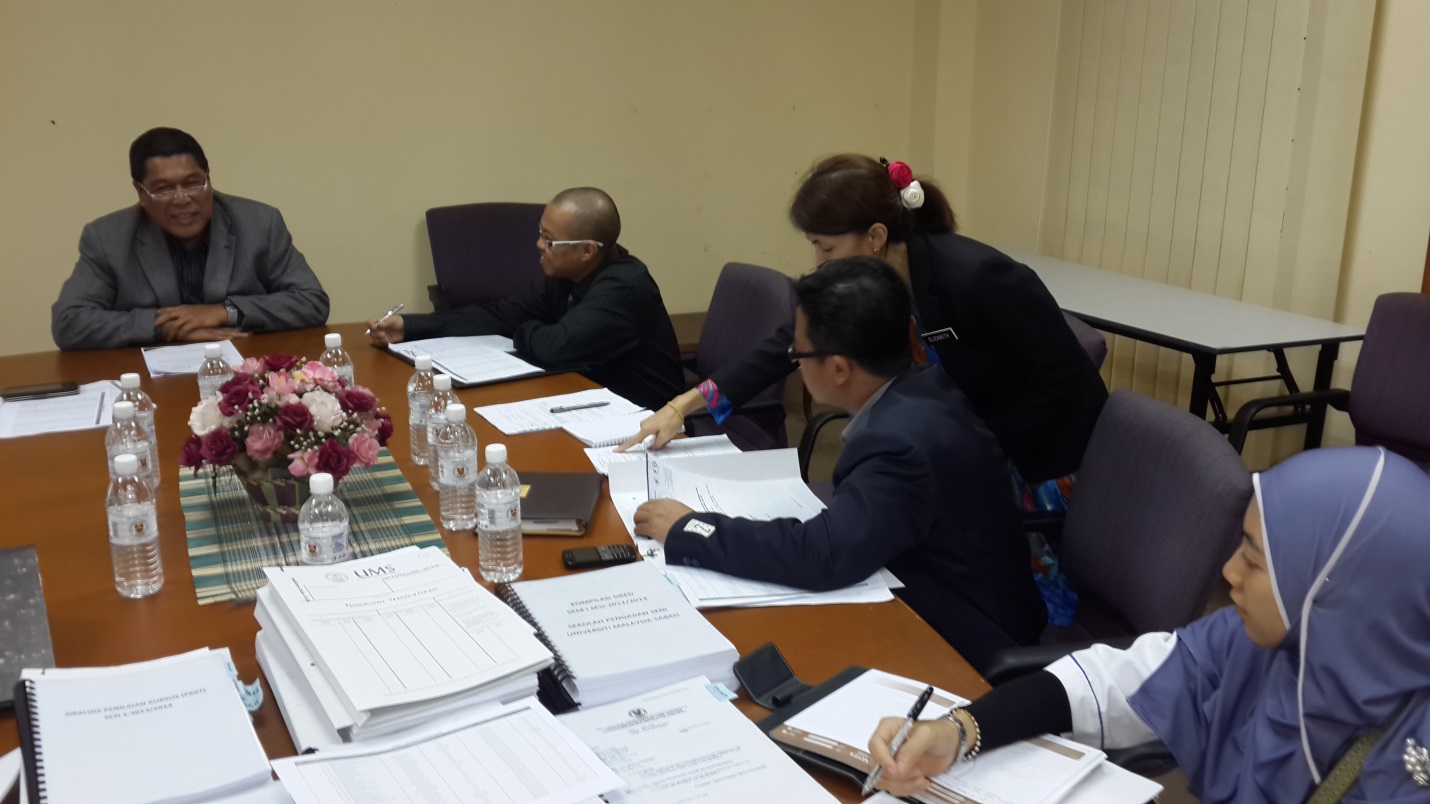 TUESDAY, 04 MARCH – A panel of audit team from SIRIM Berhad carried out an Audit Monitoring for the MS ISO 9001:2008 quality of teaching and learning for undergraduates in Universiti Malaysia Sabah (UMS) recently.
TUESDAY, 04 MARCH – A panel of audit team from SIRIM Berhad carried out an Audit Monitoring for the MS ISO 9001:2008 quality of teaching and learning for undergraduates in Universiti Malaysia Sabah (UMS) recently.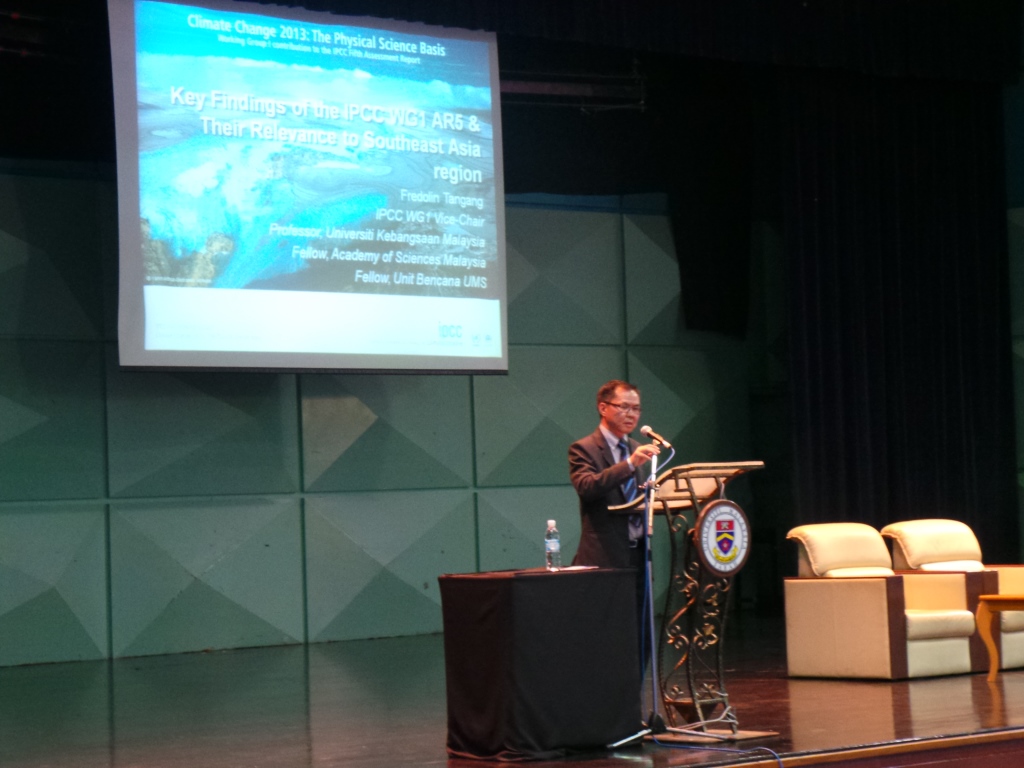 TUESDAY, 04 MARCH – The climate change over the last century requires the effort from various parties to overcome it and caring for the sustainability of the earth’s surface is key to this effort.
TUESDAY, 04 MARCH – The climate change over the last century requires the effort from various parties to overcome it and caring for the sustainability of the earth’s surface is key to this effort.